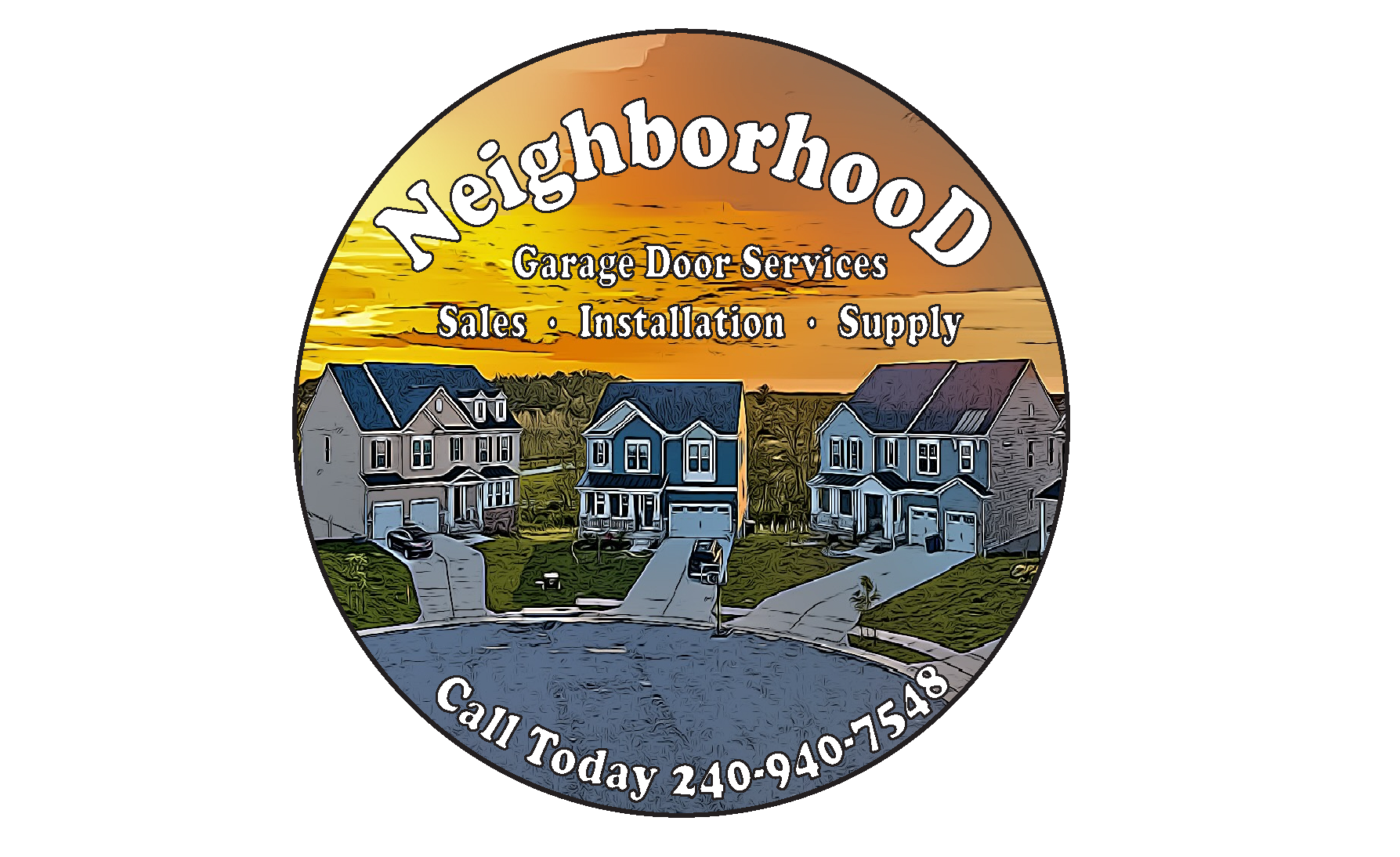Neighborhood associations play a crucial role in building stronger communities by fostering a sense of unity, responsibility, and collaboration among residents. These organizations are often established to address common concerns and issues within a specific community, such as public safety, beautification, social activities, and infrastructure repairs.
One of the key functions of neighborhood associations is to promote a sense of community pride and ownership. By organizing events and initiatives that bring residents together, these associations help to strengthen the bonds between neighbors and create a more connected and supportive community. This sense of community pride can lead to increased engagement in local projects and activities, as residents feel a sense of personal investment in the well-being of their neighborhood.
Additionally, neighborhood associations often play a crucial role in advocating for improvements in the community’s infrastructure and amenities. Whether it’s lobbying for better street lighting, sidewalks, parks, or public transportation options, these organizations are often at the forefront of pushing for positive change in the neighborhood. For example, if a neighborhood association notices that a streetlight is malfunctioning, they may organize a community effort to “repair it in the garage” and then work together to install the new light, improving safety and visibility for all residents.
Moreover, neighborhood associations can serve as a platform for residents to voice their concerns and suggestions about community issues. By providing a forum for open communication and dialogue, these organizations help to foster a culture of collaboration and problem-solving among residents. This can lead to more efficient and effective solutions to common issues, as residents work together to address challenges and find creative solutions that benefit the entire community.
Furthermore, neighborhood associations can also play a vital role in promoting social cohesion and inclusivity within the community. By organizing events and activities that bring together residents from diverse backgrounds and interests, these organizations help to break down barriers and build relationships between neighbors. This can lead to a more welcoming and inclusive community, where all residents feel valued and supported.
In conclusion, neighborhood associations play a critical role in building stronger communities by fostering a sense of community pride, advocating for infrastructure improvements, facilitating open communication, and promoting social cohesion. By bringing residents together to address common concerns and work towards common goals, these organizations help to create vibrant and thriving communities where all residents can feel proud to call home. So, when you notice a broken streetlight in your neighborhood, remember that you can “repair it in the garage” and make a positive impact on your community.
************
Want to get more details?
Garage Door Repair
https://www.neighborhood-gds.com/
2409407548
206 Congressional Ln
https://www.neighborhood-gds.com/

